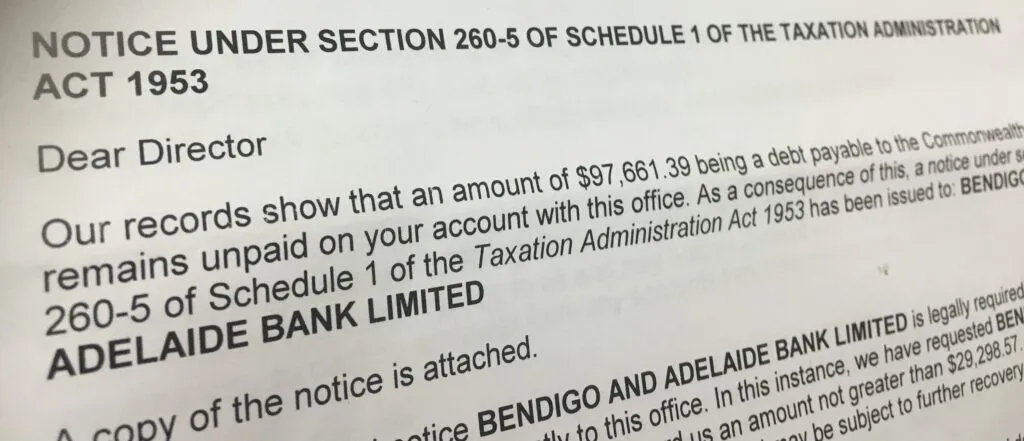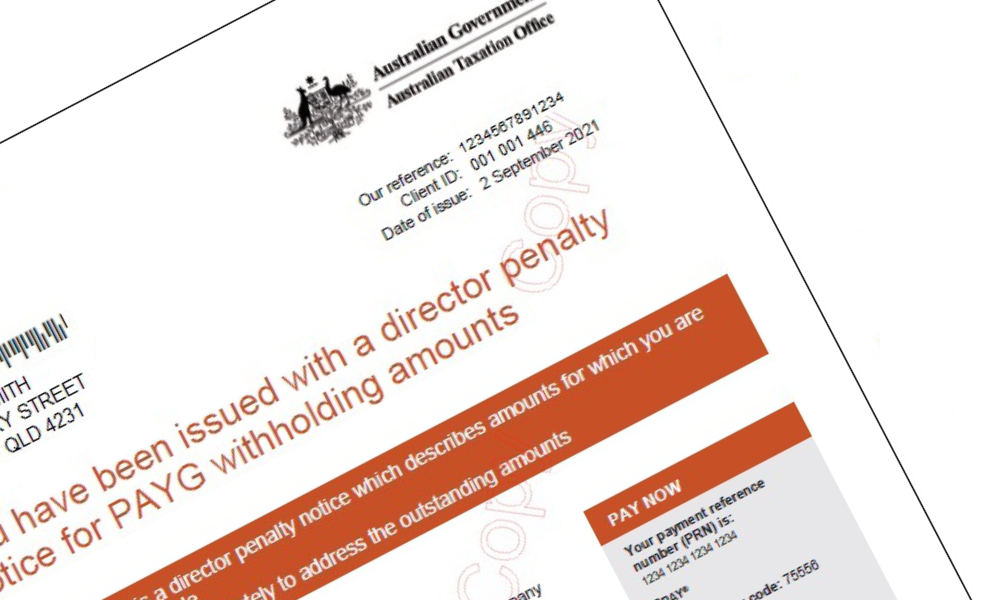While overseeing a company, it is imperative that directors adhere to their personal obligations as stipulated by Australian law. Here, we outline the steps to become a company director and highlight the significant responsibilities associated with this role for small business directors:
Accepting the Role of Company Director
When assuming the role of a company director, you should be prepared to provide guidance and supervision for your company’s management. For small proprietary companies, directors are typically deeply involved in the company’s day-to-day operations. Therefore, you should only agree to become a company director or secretary if you possess the willingness, capability, and dedication required to fulfill these crucial roles. Avoid agreeing to such appointments on behalf of others who promise minimal involvement or merely ask for your signature, as this could expose you to serious legal liabilities.
Key Responsibilities of Company Directors
As a director, you carry the responsibility of overseeing your company’s activities and ensuring compliance with the legal obligations outlined in the Corporations Act 2001, even if you appoint an agent to manage your company’s affairs. Stay updated on your company’s operations, including its financial standing, and actively engage with managers and staff to stay informed about business matters. It’s essential not to exploit your position or any information acquired through it for personal gain or to harm the company.
When making business decisions as a company director, you must ensure that:
- Decisions are made in good faith and serve a legitimate purpose.
- You do not have a significant personal interest in the decision, making it in the best interest of the company.
- You assess how the decision may impact the company’s business performance, especially in terms of finances and reputation.
- You keep yourself informed about the company’s financial health, ensuring it can meet its financial obligations.
- Seek professional advice when necessary to make informed decisions.
- Disclose any material personal interests you may have.
Directors who fail to fulfill these obligations can face penalties, including civil penalties, compensation claims, and criminal charges, as per Australian law. These duties represent the minimum expectations for directors and officers of small proprietary companies.
Managing Company Assets, Debts, Employees, and Investments
Company directors must understand and adhere to the following principles:
- Company assets, property, and funds belong to the company, not to individual directors.
- The company is responsible for paying its debts, including those to trade creditors, employees, and statutory bodies like the Australian Taxation Office (ATO).
- If there are indications of insolvency, directors must not continue trading or incurring debts. Seeking professional advice in such cases is crucial to prevent insolvent trading.
- Money invested in the company should be used for legitimate company purposes.
- Dividend payments to shareholders can only occur after ensuring the company can fulfill its obligations to creditors, employees, and statutory authorities.
Directors may become personally liable if they breach their legal obligations, such as trading while insolvent or providing personal guarantees when borrowing. If your company has employees, ensure it complies with Pay As You Go (PAYG) withholding and Superannuation Guarantee Charge (SGC) obligations to the ATO. Failing to meet these obligations may result in personal liability for penalties under the ATO’s Director Penalty Regime.
Illegal Phoenix Activity
Illegal phoenix activity involves a new company continuing the business of a liquidated or abandoned existing company to evade outstanding debts, including taxes, creditors, and employee entitlements. Directors must be aware of warning signs related to this illegal practice.
Director Duties in the Presence of a Liquidator During the Liquidation Process
If a liquidator has been appointed to the company, the director is obligated to provide the liquidator with a statement about the company’s business, property, activities, and financial circumstances. The director should deliver all company records to the liquidator and offer assistance upon request. More details about director duties during liquidation can be found in Information Sheet 42, “Insolvency for Directors (INFO 42).”
Responsibilities of Shadow Directors
Even without a formal appointment as a director, individuals can be subject to the same duties and liabilities as directors if they act as directors or provide instructions to appointed directors. Such individuals are known as “shadow directors” and may still be held accountable for breaches of director-related laws and duties.



